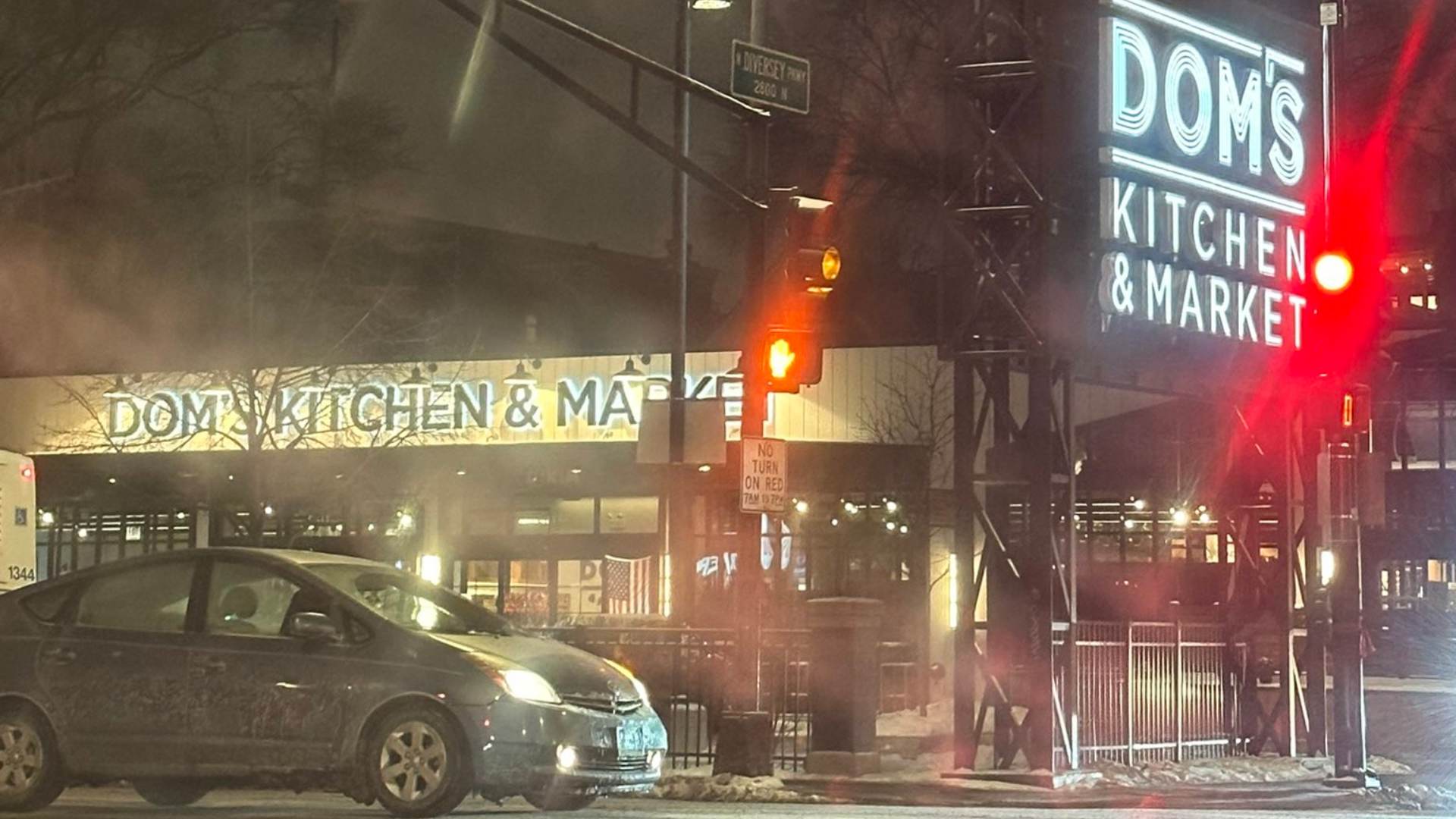Outfox Hospitality, which was formed in 2023 from a merger of specialty grocers Foxtrot and Dom’s Kitchen & Market, filed for bankruptcy this week.
Last month, Outfox suddenly closed all its stores in Chicago, Texas, and Washington D.C, a move that has become the subject of multiple class action lawsuits.
Bankruptcy Filing

Outfox filed for Chapter 7 bankruptcy Tuesday in the U.S. Bankruptcy Court in Wilmington, Delaware.
In the filings, the company estimates that it has between 5,001 and 10,000 creditors. While the company purports to possess between $10 million and $50 million in assets, its liabilities also fall in this same range. Outfox indicated that once it had paid its administrative costs, there wouldn’t be money left over to pay unsecured creditors after the bankruptcy.
Chapter 7 Versus Chapter 11

When most people hear bankruptcy, they think of Chapter 11, where a company tries to restructure, keep afloat, and find ways to pay back its creditors in the meantime.
However, Chapter 7 bankruptcy is different. In a Chapter 7 bankruptcy, the company stops operating and performs a liquidation of assets to quickly sell nonexempt possessions to repay creditors.
Immediate Attention

Because Outfox is in charge of grocery stores, many of its inventory assets include food products and other goods that are perishable.
This caused Outfox in its filing to demand “immediate attention,” saying the goods “could quickly deteriorate or lose value without attention.”
Sudden Stop

The Chapter 7 filing comes almost a month after Outfox shut down many of its Dom’s and Foxtrot stores very abruptly on the same day that the company’s board of managers approved a bankruptcy filing on April 23.
The resulting closures led to the shutdown of 33 Foxtrot Market locations in four cities, and both Dom’s Kitchen & Market and Foxtrot began closing all their stores.
Assets Sold

On May 10, a foreclosure sale of Foxtrot’s assets was held online through Microsoft Teams, according to a notice of public sale. Further Point Enterprises reportedly purchased the assets for more than $2.2 million.
“The Debtors were in the business of retail food and beverage sales. The assets to be sold include inventory, intellectual property, accounts, chattel paper, documents, furniture, fixtures & equipment, general intangibles and goods,” the notice said.
Dom’s Statement

At the time of the store closures, Dom’s put out a statement declaring they found no viable avenue to continue doing business.
“We explored many avenues to continue the business but found no viable option despite good faith and exhaustive efforts,” the statement said.
Not Made Lightly

Despite the abruptness of the store closings, the statement from Dom’s insisted that the decision was not made in haste.
“This decision has not been made lightly, and we understand the impact it will have on you, our loyal customers, as well as our dedicated team members,” the statement said. “We want to express our sincerest gratitude for your support and patronage throughout the years. It has been our highest honor to elevate the everyday and create a remarkable shopping experience for people who love food as much as we do.”
Case Looks Bleak

Dom’s assets were also part of an auction, but Crain’s Chicago Business reported that there has been no buyer. Gregory Jones, partner at Stradling Yocca Carlson & Rauth in Newport Beach, California expressed his outlook on the bankruptcy case.
“[Outfox’s case] looks pretty bleak,” Jones said to the Chicago Sun-Times.
Out of Luck

Jones described his past experience with cases like these, and remarked that people filing claims against the company might be out of luck.
“The people — and I’ve seen this in other cases — who have WARN Act claims against the company are out of luck,” Jones said. “It’s unfortunate because these companies will not have any money to satisfy them.”
WARN Act

Likes its name suggests the WARN Act is a federal and state requirement for companies who meet an employee threshold to give prior notice before a mass layoff or store closure.
In Illinois, the WARN Act applies to employers with 75 or more full-time employees and requires a 60-day notice. The Federal WARN standard applies to companies with 100 or more employees.
Lawsuits

Because Dom’s and Trotfox stores closed so abruptly, a class action lawsuit was filed on behalf of workers who were suddenly let go in Illinois accusing Outfox of violating state and federal WARN Acts.
Jamil Moore, the lawsuit plaintiff, said he only learned about his firing “when he was terminated in the middle of his shift around 11:30 am.” Another class-action lawsuit was also filed in April alleging Outfox “failed to provide 60 days advance written notice as required by the WARN Act.”
